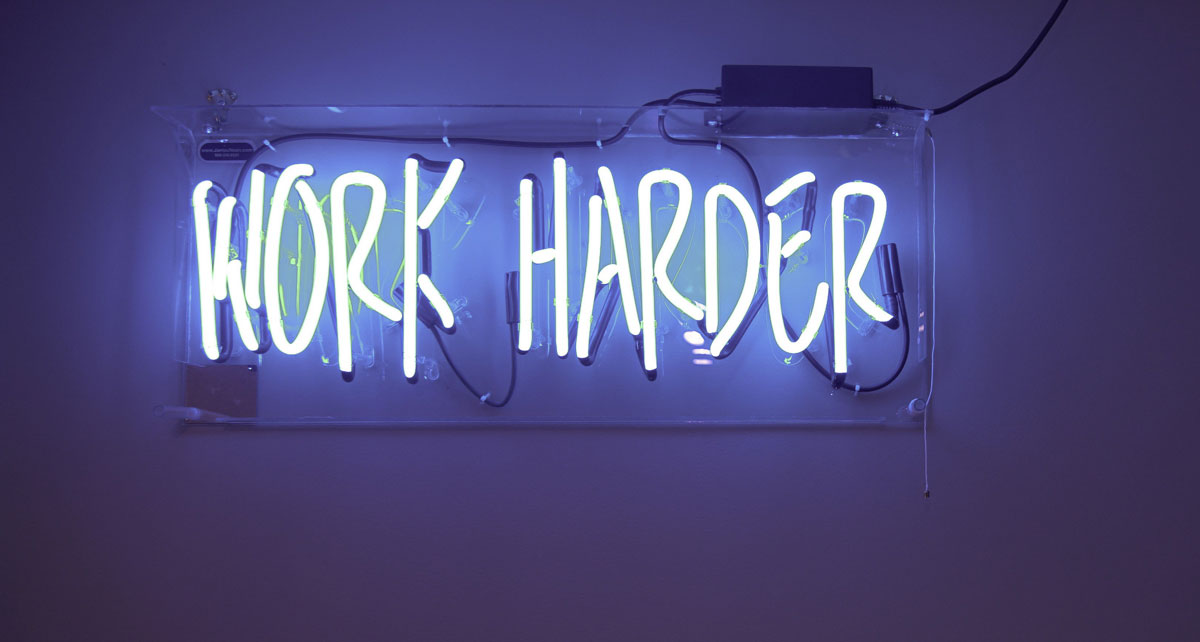From Bragging Rights to Burnout


From Burnout to Breakthrough
Champions of hustle culture often use phrases such as, “every hour you’re not working, someone else is” and “success is earned not given”, essentially preaching that the more hours you put in, the more successful you will be. These advocates are often deemed captivating and motivational as they deliver their impassioned speeches into a podcast mic, encouraging individuals to push themselves beyond their limits. However, when their words are dissected, a troubling rhetoric is revealed – one that prioritises work above all else, views time off as a weakness, and vehemently demonises rest.
The glorification of constant busyness perpetuated by this narrative can lead to burnout, anxiety and a diminished quality of life. According to a study by Deloitte, 77% of people have experienced burnout at their jobs and 42% have quit as a result. Not only do excessive work hours inflict emotional stress on employees, but they also incur significant costs for employers. According to a study conducted by Gallup, burnt out employees cost their companies as much as 34% of their annual salaries. In light of this, the rise of hustle culture has been met with a backlash, due to the realisation that longer working hours does not necessarily equate to heightened productivity. Therefore, it is imperative for employers to equip their workforce with the necessary tools to work smarter, not just harder, ensuring employee wellbeing and organisational efficiency.

Grind Smarter Not Harder: The Art of Delegation
In the relentless pursuit of productivity, where time is the currency of success, mastering the art of delegation becomes paramount. Amidst the cacophony of tasks competing for our attention, one solution stands out as the beacon of efficiency: The Personal Assistant. Hiring a PA, Executive Assistant, or Private PA can be a gamechanger for anyone seeking to optimise their performance and reclaim their most precious resource: time.
The proliferation of technology such as email, voicemail, mobile devices, and online calendars, has cultivated the belief among some seemingly self-sufficient leaders that they can effectively manage their time without external assistance. However, Personal Assistants, Executive Assistants, and Private PAs can significantly aid even the most independent of leaders to optimise their productivity, ultimately enabling them to focus on strategic priorities to drive their company’s success. EAs, PAs and Private PAs can play a vital role in filtering distractions that can shift a director’s focus from proactive leadership to reactive firefighting and allow them to get on with what they do best: running their business.
However, it is crucial to adeptly navigate your relationship with your Executive Assistant, PA or Private PA to fully harness their potential. Today’s EAs, Personal Assistants and Private PAs are sharply intelligent and often highly educated professionals, commanding salaries of up to £150k per year. In an article for Harvard Business review, Melba J. Duncan notes that he frequently observes EAs expanding their skill sets by learning new languages and technologies to enhance their performance. It is essential to leverage your EA, PA, or Private PA in a manner that boosts your productivity and advances your business, whilst also fostering their own career fulfilment.
Unlocking the full potential of your PA, EA or Private PA requires careful consideration of how to delegate your tasks, whilst empowering them to take on responsibilities that align with your goals (as well as their individual expectations). The message should be: ‘I trust this person to represent me and make these decisions’. For example, it is reported that when Kevin Roberts (Worldwide CEO of Saatchi & Saatchi) is asked a question, he will say, “Ask Trudy” – referring to his EA, Trudy Vitti.
Much like owls who can see in the dark, EAs, PAs and Private PAs have the innate ability to see where other people can’t, anticipating needs and navigating challenges, whilst crucially always remaining one step ahead.

“A spectacular executive assistant can defy the laws of the physical world. She [or he] can see around corners.”
– Donald J. Gogel
If you are looking to hire an Executive Assistant, Personal Assistant, Private PA, or any level of office support staff Knightsbridge Recruitment would love to help. Please contact one of our recruitment consultants on 020 7468 0400 or email us.
Knightsbridge Recruitment is a boutique consultancy which has been placing stand-out candidates in the most sought after permanent and temporary Executive Assistant, Personal Assistant, Private PA and executive office support jobs in London, for over 35 years.
This may also interest you
What does a Chief of Staff do?
A Chief of Staff plays a key role in a company. They will be integral to the planning, productivity and efficiency of the other employees and business...
